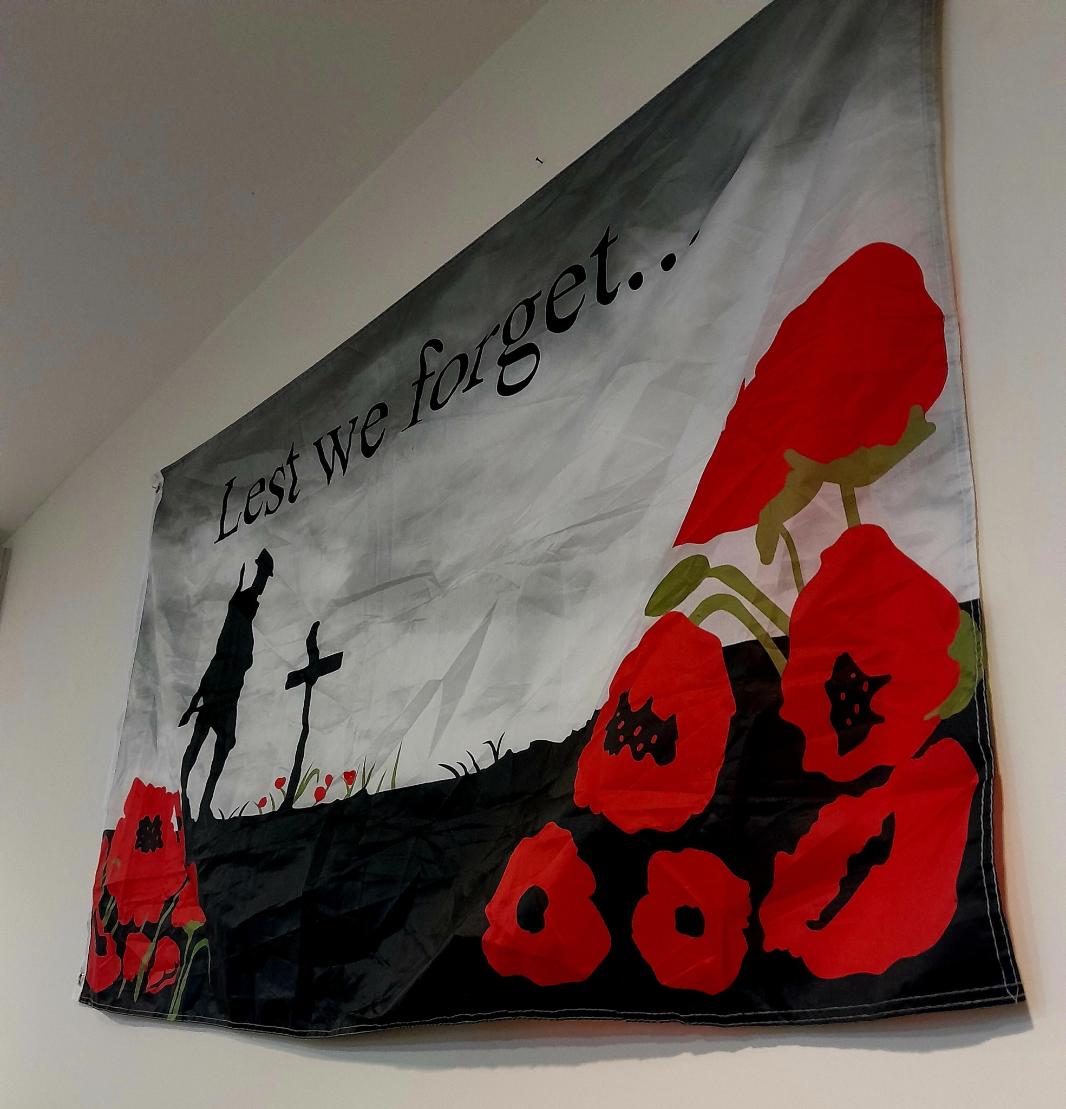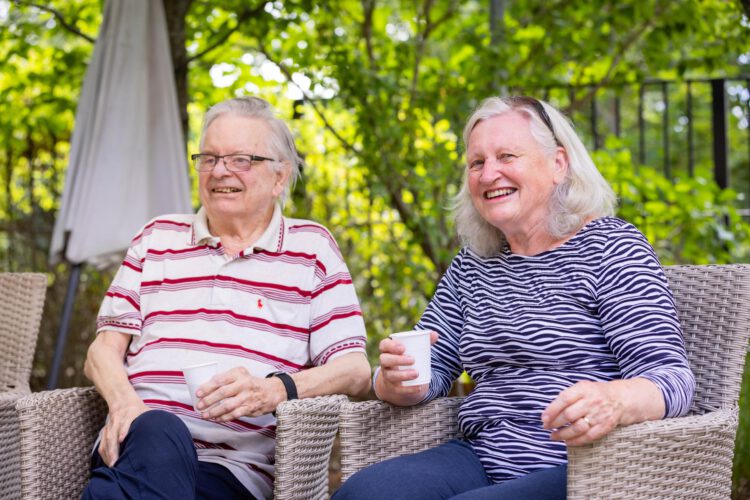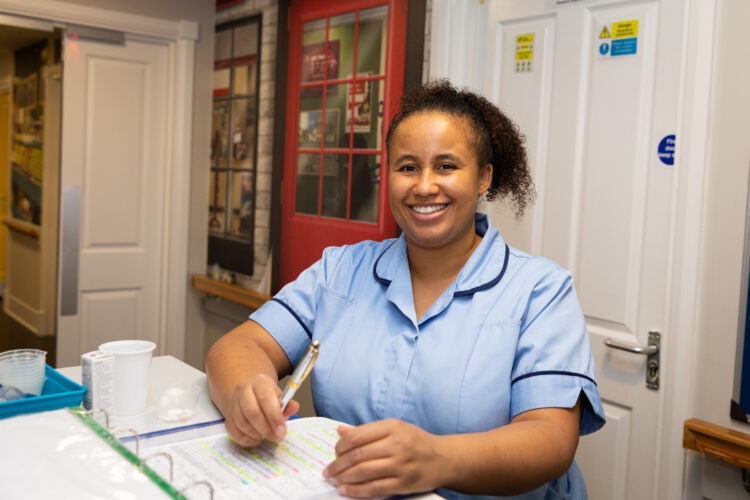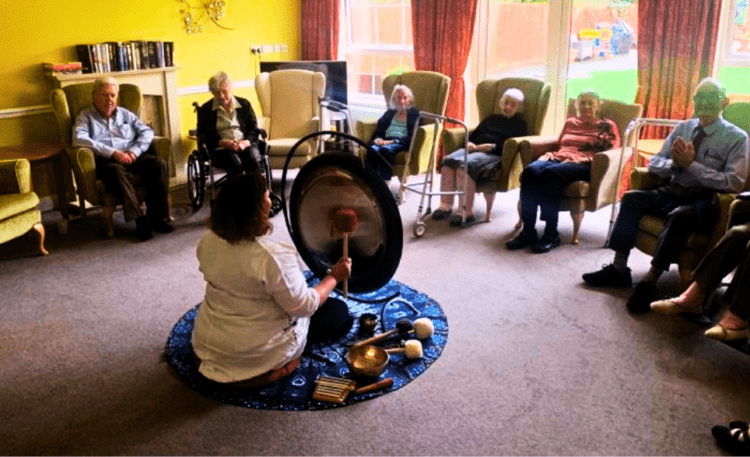Cedars Care Home is built around a warm, inclusive community where residents are supported to live life to the fullest. From shared meals and daily activities to special events and outings, there are endless opportunities to build friendships, explore new interests and create enjoyable memories.
Stay up to date with the latest news, stories and highlights from life at Cedars as we celebrate the moments, big and small, that make our home so special.





